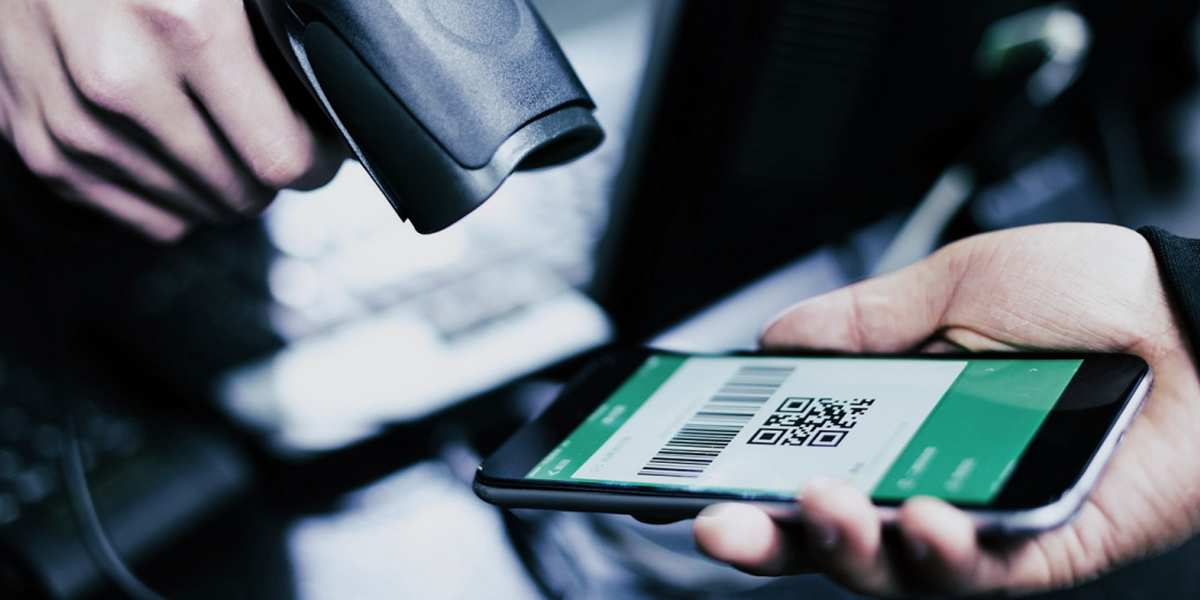THE utilisation of a cashless system in Malaysia has great potential to reduce the possibility corruption in the public sector as such a system reduces direct contact points between public officials and citizens.
This is why Finance Minister Tengku Datuk Seri Zafrul Abdul Aziz’s recent announcement that the Ministry of Finance (MOF), under MyDigital, will ensure that payments for all government services will be made on cashless basis by 2022 is a welcomed move.
MyDigital is the nation’s digital economy blueprint — envisioning how the country will move towards a more digitally connected economy on the Industrial Revolution 4.0 (IR4.0) path.
According to Zafrul, the Government has so far pushed for digitalisation on various ends, including modernising public service delivery and curb corruption, as this will reduce direct contact points between public officials and citizens.
But is Malaysia ready to adopt a cashless payment system, even if it’s just for all government services for now?
While going cashless holds appeal especially for urban consumers, the same cannot be said for folks living in rural areas.
These are the people who are still heavily reliant on cash and have a lower degree of financial knowledge, skills and information as compared to their urban counterparts. How will the Government make up for these shortcomings before making transactions cashless for all government services?
And of course, let’s not forget the poor accessibility and connectivity issues in rural areas, especially in Sabah and Sarawak. If these concerns are not addressed, how would the rural folks be able to adapt to any of the Government’s future plans for digital payments?
But unfortunately, for all the positives of a cashless society and the benefits of cutting down corruption, you cannot escape the inevitability of increased cybercrime, privacy issues and data breaches.
After all, criminals will always continue finding new ways to carry out their activities, regardless of the method of transaction. In keeping contact between public officials and citizens minimal, cashless payments have the potential setbacks as well.
This goes without saying that regulators must therefore play a crucial role in ensuring the smooth functioning and security of the digital payment systems in the country. The country needs to shore up its defenses, as the threat of cybersecurity cannot be taken lightly.
Cashless payments for all government services is certainly a feature to look forward to, not only for its potential to cut down public sector corruption, but also for its overall ease and convenience.
But before we can get there, it is perhaps more important to remember that there are still plenty of pressing issues related to cashless payment that needs fixing, and what better time to get to it than now? – June 19, 2021









